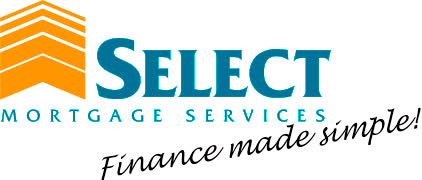How to Get a Loan When You're Self-Employed
Working for yourself can be a dream come true for some people – the perks are great – and you don’t need to bog yourself down in the daily grind unless you choose to. However, when it comes to applying for a home loan, having self-employed status may raise a few warning flags for banks and other non-bank lenders.
Unlike salaried employees, you don’t have the comfort of a guaranteed regular income and instead are open to cash flow volatility – something a potential lender will investigate before allowing you to borrow. However, you have a much better chance of getting an approval with preparation and specialised advice.
Consult a broker to formulate a strategy or plan
Trying to navigate through the loan process without expert advice can leave you fumbling in the dark. If you are self-employed and interested in taking out a loan for the first time, your first line of contact should be a trusted mortgage broker.
They can provide an up-to-date overview of lenders who will be most comfortable lending to you, and can explain the loans best suited to your circumstances. From there, you can discuss at length the options you have and the path you may want to take in applying for a loan.
Prepare and know your finances well
In preparation, sit down with your broker and establish the taxable income level you need to apply for a loan. By understanding your business structure, knowing how it affects your income and what happens to your borrowing power if your taxable income is low, you can determine your eligibility for certain types of loans.
Don’t forget to check your credit history for any defaults or errors that may affect a lender’s decision, have all your financial statements up to date, and lodge any relevant forms and documents to the Australian Tax Office that hasn’t been done so already.
Be transparent and honest with your documentation
Be honest and open with your broker about your business situation. Lenders are more likely to approve your loan if you are upfront with all your documentation.
For potential self-employed borrowers, lenders will look for the consistency of your income. They are interested in seeing your business maintaining a level of income that meets their minimum servicing requirements. If your business earnings are fairly consistent, you will have a relatively easier time in borrowing.
Usually, lenders will ask for the last two years of your personal and business tax returns. If for some reason there is a large fluctuation, you might find the lender will use the lowest income figure – even if that means its older. However, by working with a broker and accountant, you may be able to find information about your business that can reduce the impact of large variations.
If you don’t have all the documentation on hand, consider a Low Doc Loan
A Low Doc Loan is offered by a variety of lenders and requires less documentation than traditional loans. Essentially, this loan allows you to use alternative forms of income statements such as bank statements, financial statements, and accountant declarations instead of pay slips and tax returns to borrow from a lender. However, due to the nature of the loan, the deposit and interest rates are usually higher than a traditional loan.
While it may seem more complicated for self-employed borrowers to take out a loan, having a broker guide you through the process with expert advice can take some of the stress away.
At Select, we offer no-obligation, quality, and free advice to help you reach your financial goals. If you are self-employed and are interested in obtaining a loan, call us on (08) 9417 3399 to arrange to meet with one of our friendly brokers and discuss your financial options.
